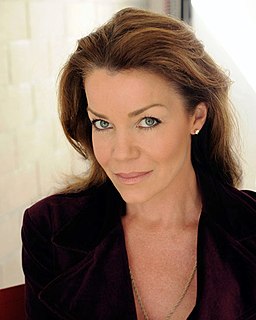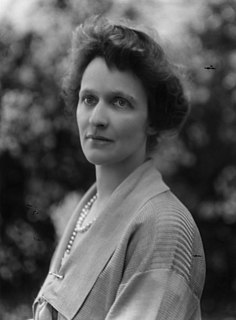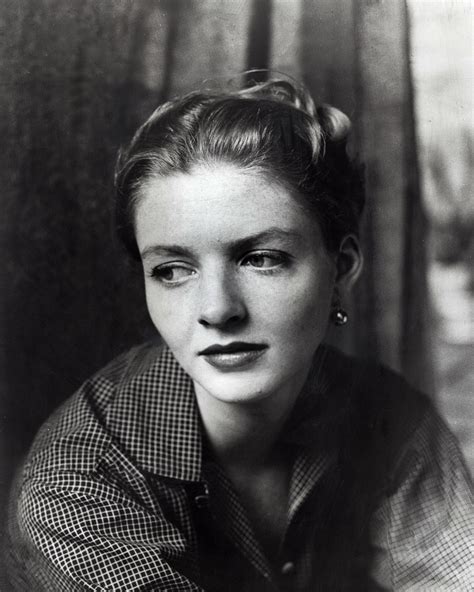A Quote by David Simon
When we were kids coming up, if you stole your dad's Playboy magazine, that was about as much of an education as you were gonna get. You finish looking at the centrefold and you read 'The Playboy Adviser' that told you about what stereo to buy and something about sex which you didn't quite understand, and you were still just as confused. Now if you're ten the entire world of human sexuality, and a very misogynistic version of that, is available to you on a laptop after a couple of key strokes. I think it's changed the vernacular in the way men address women.
Quote Topics
About
Address
Adviser
After
Available
Buy
Changed
Coming
Confused
Couple
Dad
Education
Entire
Entire World
Finish
Get
Gonna
Human
Just
Key
Kids
Laptop
Looking
Magazine
Men
Much
Now
Playboy
Playboy Magazine
Quite
Read
Sex
Sexuality
Something
Stereo
Still
Stole
Strokes
Ten
Think
Understand
Up
Vernacular
Version
Very
Way
Were
Which
Women
World
Your
Your Dad
Related Quotes
Let's be clear about what people never say about Playboy on television. It was nothing more than an instrument for onanism. That's what it was. And the Internet co-opted that industry of self- gratification. There is no necessity for lonely men or teenagers to use Playboy. It turns out no one bought that magazine for the articles ever; it was used for only one thing.
I was a young feminist in the '70s. Feminism saved my life. It gave me a life. But I saw how so much of what people were saying was not matching up with what they were doing. For example, we were talking about sister solidarity, and women were putting each other down. We were talking about standing up for our rights, and women weren't leaving abusive relationships with men. There were just so many disconnects.
My dad and mom were more like World War II-era parents, even though it was the 1960s, because they were both born in the '40s. They were young adults before the '60s even happened, and married, and already having kids. But by the time we were adolescents in the '70s, the whole culture was screaming at parents, "You're a good parent if you're open with your kids about sex." They attempted to be open with us about sex, and it made them want to die, and consequently, it made us want to die.
Some studies have shown close to 70 percent of men who are in prison have one of two things in common: One, they can't read. And two, they witnessed violence or were victims of violence as a child. You would think that if you had seen your mother get beaten when you were 10 years old, you'd never raise your hand to a woman. Not true. The prospect that you will increases dramatically if you witness violence. So it's so much bigger than just about women. It's about our society. It's about our culture. It's about who the hell we are.
I don't think that there's a target audience at all. These stories were in circulation. The stories were told by men, told in the marketplace by men, but also behind doors by women, but there's no real record of this. It's likely they were told by women to children in their interior rooms. The story could be a negative story, they could be presented as a, "Watch out! Women will get round you, do things to you, weave you in their toils." It could be buried in it an old cautionary story about women and their wiles.
People just didn't write songs that were so directly emotional in those days. They still don't. Part of Hank's [Williams] thing was that he was opening up about relationships between men and women in ways that nobody else did, and I think that's something that made him stand out so much. His songs are just so straightforward about these really deep feelings that are universal, but they're so hard to write about without sounding sappy or over the top. You think of men in that era - they didn't express themselves that way.
I didn't have a fraternity-like experience. I mean, I grew up with an older brother and a lot of male cousins and we were very physical with each other. We were very rambunctious when we were kids. But I never thought much - nor did I have reason to think much - about institutionalized hazing. But I think there's a reason young men are drawn to it.
It just struck me as really odd that there were all of these conversations going on about what young women were up to. Were young women having too much sex? Were young women politically apathetic? Are young women socially engaged or not? And whenever these conversations were happening, they were mostly happening by older women and by older feminists. And maybe there would be a younger woman quoted every once in a while, but we weren't really a central part of that conversation. We weren't really being allowed to speak on our own behalf.



































